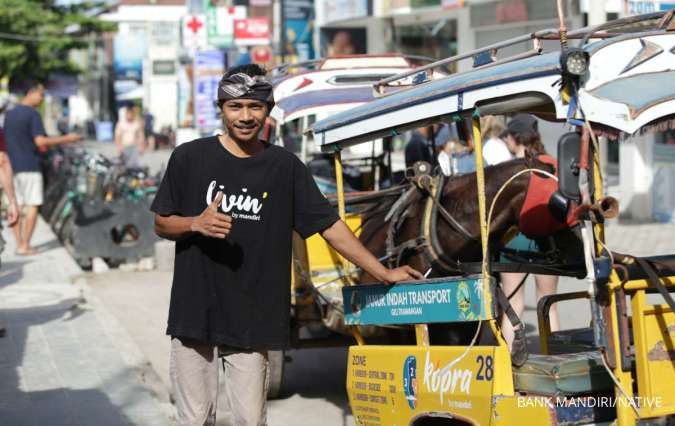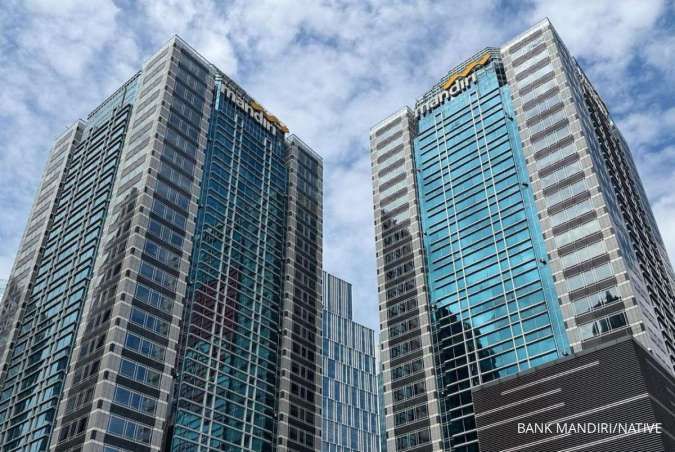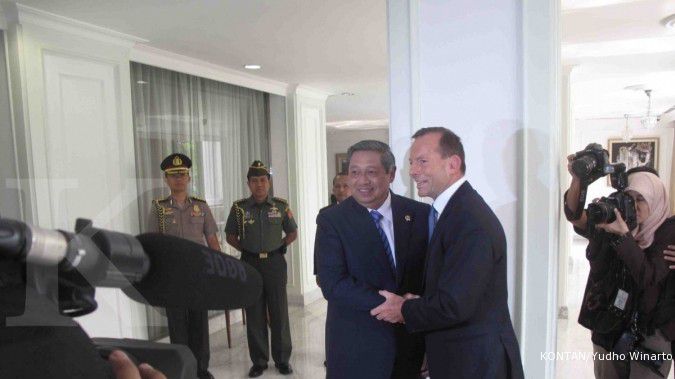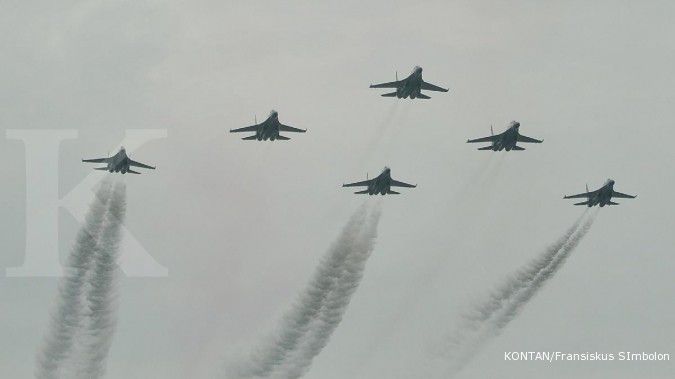MEDAN. Immigration offices in a number of provinces have taken different measures in dealing with boat people heading to Australia through Indonesian waters, following the escalating political tension between Indonesia and Australia. In North Sumatra, the head of immigration at the Law and Human Rights Agency, Rustanov, said that no special surveillance of boat people heading to Australia would be conducted. “We have no business with Australia. Let boat people head there. No surveillance is needed,” Rustanov told The Jakarta Post in Medan, North Sumatra, on Friday.
Rustanov said that countless boat people had used Indonesia as a transit point to go to Australia. In cooperation with the police, he added, his office had in the past frequently arrested them. “Now there is no need to waste energy arresting them,” said Rustanov, adding that handling boat people was very tiring. Belawan Immigration Detention Center head Herdaus said that as of Friday, the number of boat people detained at the facility was 216. The arrested migrants mostly come from Myanmar, Somalia, Sri Lanka, Iran, Afghanistan, Sudan, Palestine, Pakistan and Bangladesh. They were arrested in a number of regions, including in North Sumatra, Aceh, Depok (West Java), Blitar (East Java), Madiun (East Java), Sukabumi (West Java) and Lampung. Some of them have been detained for up to two years. Meanwhile, Yogyakarta Immigration Office’s immigration traffic head, Tatang Suheryadin, said no new policy had been applied to deal with people smuggling following the government’s decision to halt cooperation in the matter with Australia. “The Immigration Director General at the Law and Human Rights Ministry has not issued any instructions on the issue,” Tatang said, adding that as long as no new policy was issued, the old policy prevailed. He also said that Yogyakarta had been a transit point for boat people from countries such as Afghanistan, Pakistan, Somalia and Myanmar to head to Australia due to its proximity to Australia. The last arrests, Tatang continued, occurred in October when six Afghans wanted to go to Australia. They were handled by the International Organization for Migration (IOM) before being sent to the detention center in Medan. Tatang said that his office would continue applying tight surveillance on boat people because they disadvantaged the community in the sense that they tended become involved in crime.
Meanwhile in Aceh, Banda Aceh Immigration Office’s immigration status head, Novri Zaldi, said that no special measures would be applied with regard to boat people passing through Aceh’s waters. Novri said his office could not arrest boat people passing through Aceh’s waters. It merely collected data on them and then sent them to the detention center in North Sumatra or elsewhere. Humanity, he added, was another factor that obliged the immigration office to take care of boat people stranded in Aceh. “We treat boat people better than other countries,” Novri said. West Java Police chief Insp. Gen. Suhardi Alius said his office was waiting for instructions from the National Police regarding the handling of boat people. (Apriadi Gunawan and Bambang Muryanto/
The Jakarta Post)





